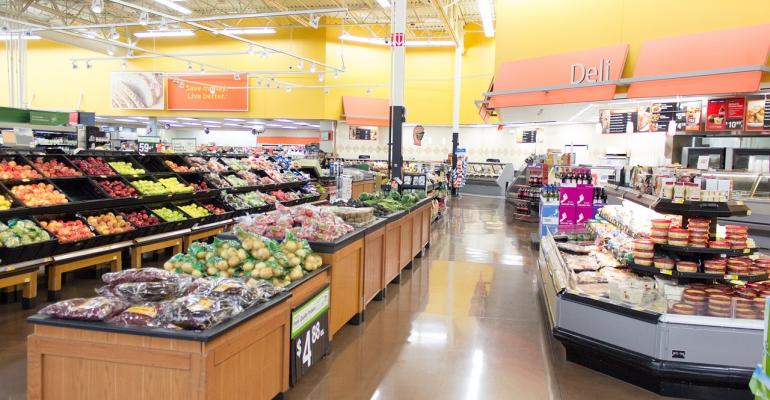Grocery shopping behavior changes during COVID
EBT users increased their grocery spend and in-store visits during pandemic as online purchases not allowed.
April 23, 2024

In March of 2023, many of the food assistance plans that were implemented due to the pandemic were lifted.
In a new paper, Electronic Benefit Transfer (EBT) users increased their grocery spending during the pandemic, which can likely be attributed to the pandemic-era increases in benefits. Many of these households have now lost a substantial amount of benefits, and understanding the effects of decreasing the benefits could have important policy implications.
In the new article "Grocery Shopping Behavior Changes Before and After the COVID-19 Vaccine" published in the Applied Economic Perspectives & Policy, Katie Harris-Lagoudakis from Iowa State University, Hannah Wich from Stephen F. Austin State University, along with Michael Conlin, Cara Haughey, and Seung Yeon Jung from Michigan State University find out how the COVID-19 pandemic has changed grocery shopping behaviors.
The authors say, "As many people intuitively understand, the pandemic accelerated adoption of online grocery shopping through curbside or delivery. But one particularly interesting result was that customers who use Electronic Benefits Transfer (EBT) had larger increases in in-store shopping and larger decreases in delivery during the pandemic, compared to non-EBT users. One possible explanation for this is that EBT was not accepted for online purchases at the retail chain studied in this paper, which means that people who use EBT needed to make purchases in-person to use their benefits. Recent policy changes allow retailers to accept EBT online, and it would be interesting for future research to determine if EBT users are switching to online shopping."
They continue, "Also, in terms of healthfulness, our results are mixed and dependent on the measure of healthfulness that we use, and so we cannot conclusively say how the healthfulness of purchases changed. Other researchers find increases in obesity related to the pandemic, and our results suggest that people did not necessarily make less healthy grocery purchases. Researchers may want to consider alternate mechanisms to explain increases in obesity, like changes in food-away-from-home purchases or increases in stress."
You May Also Like


.png?width=300&auto=webp&quality=80&disable=upscale)
